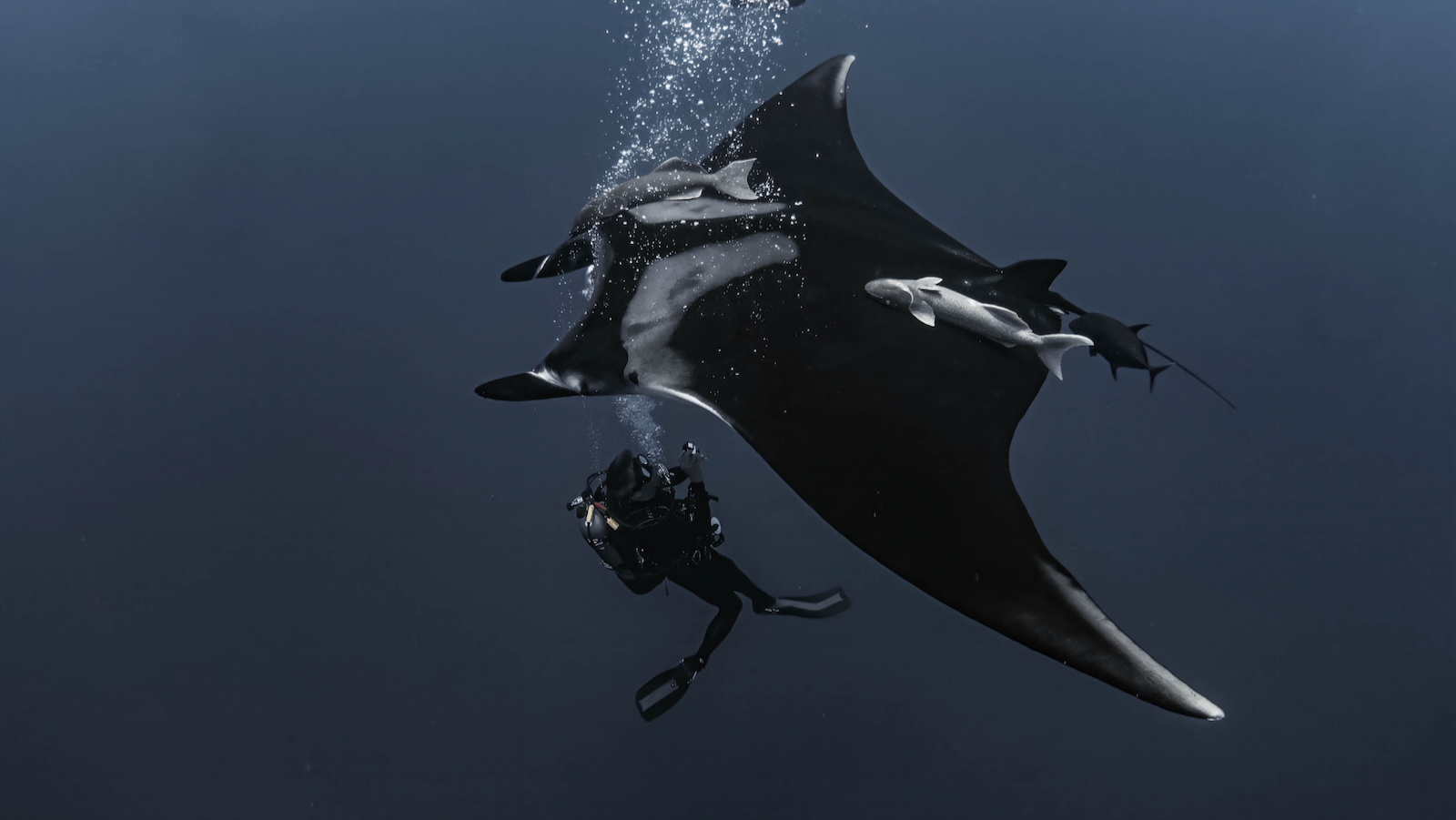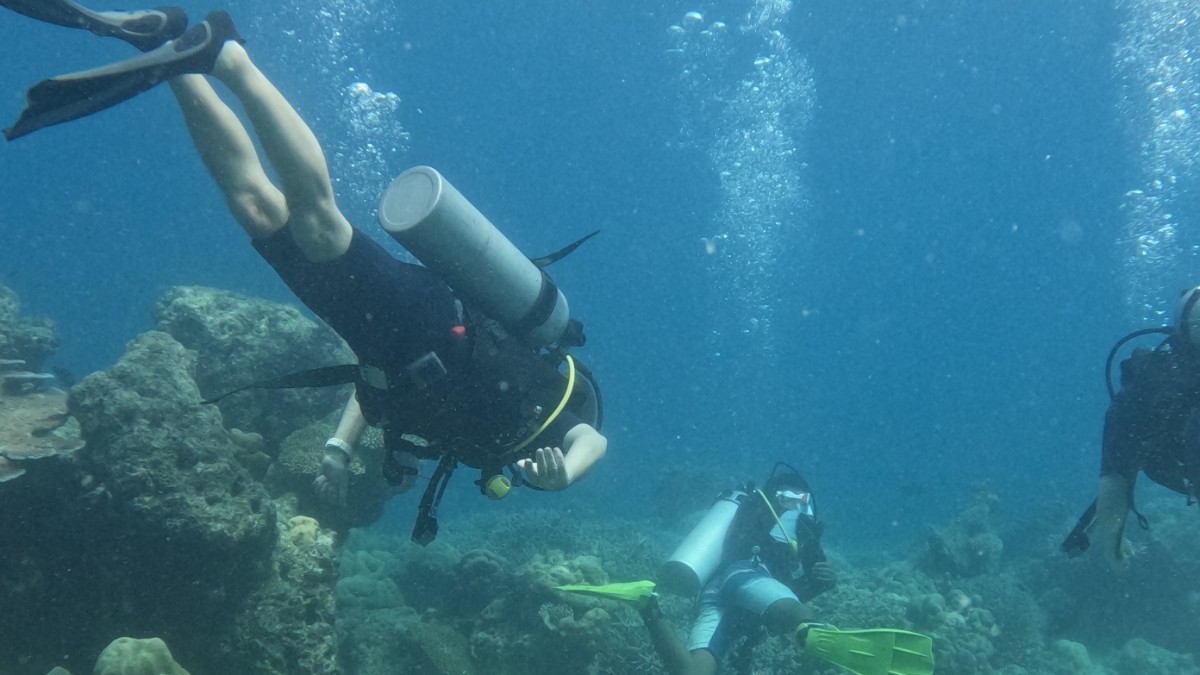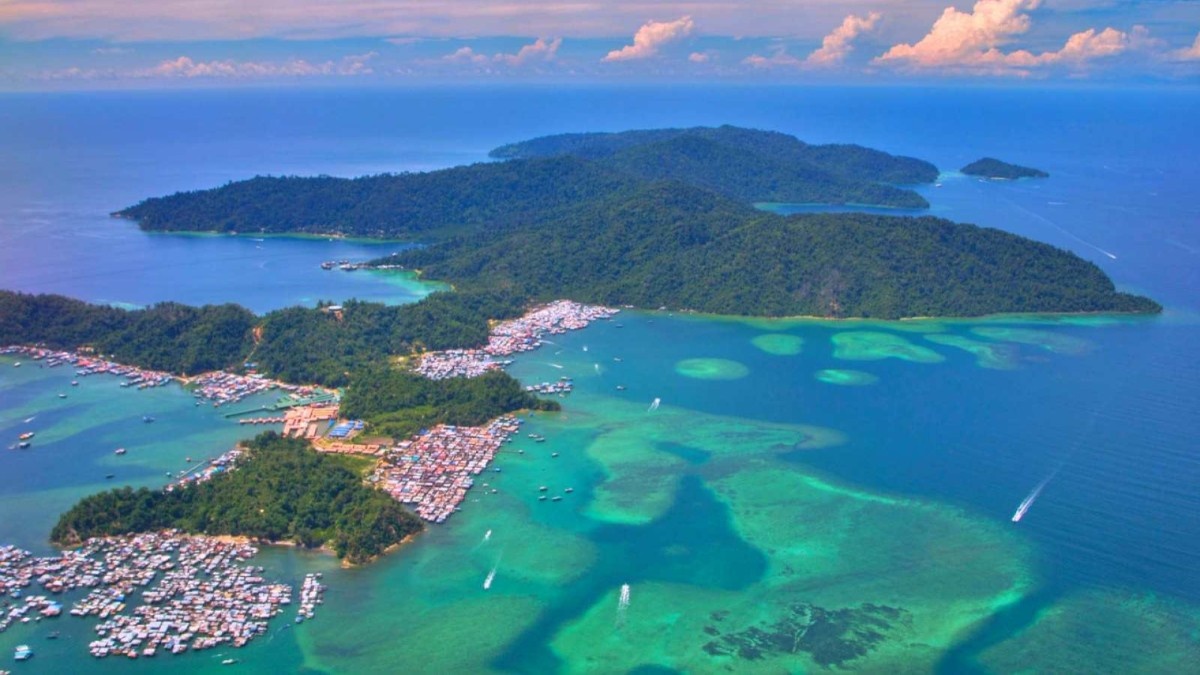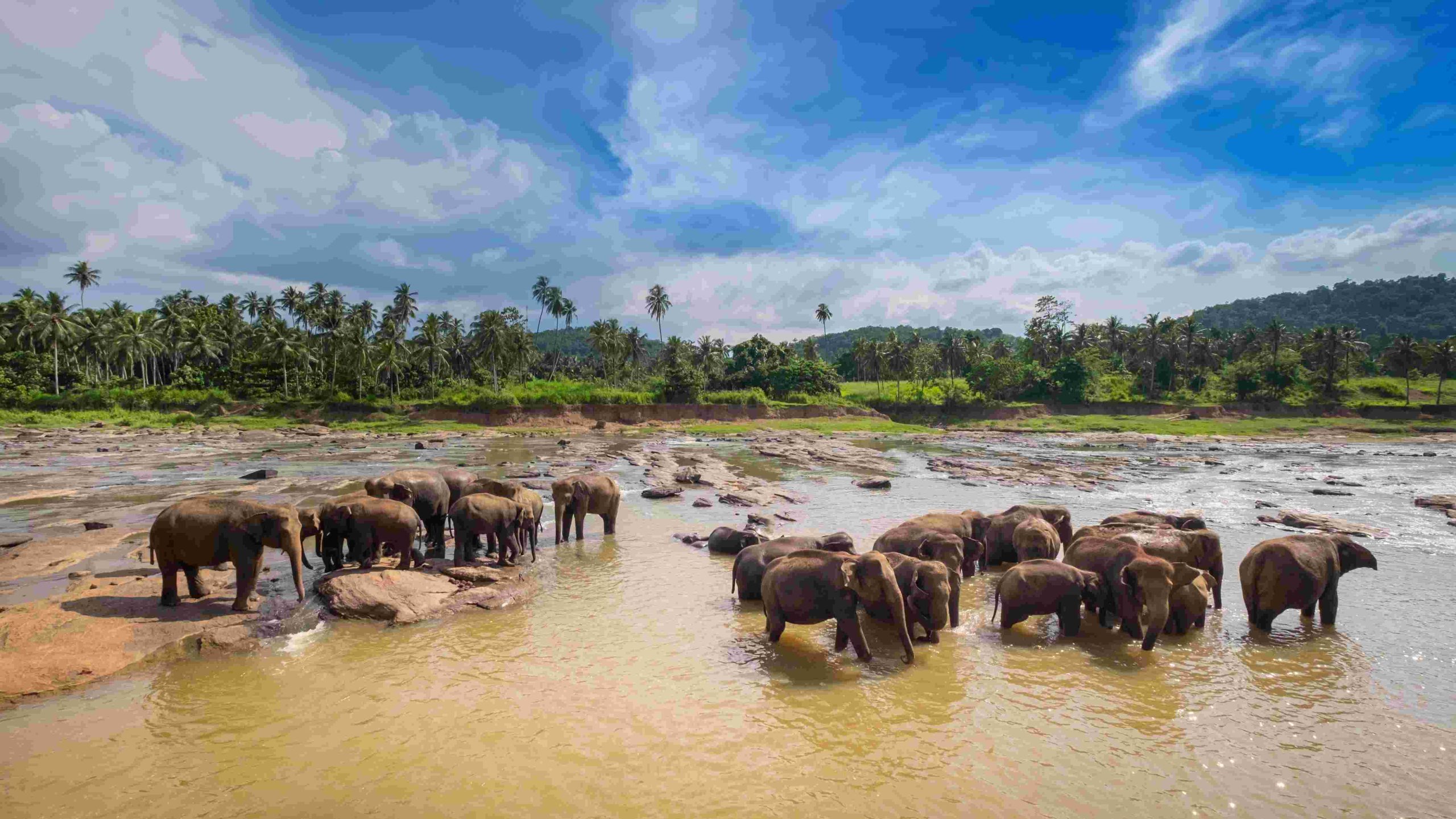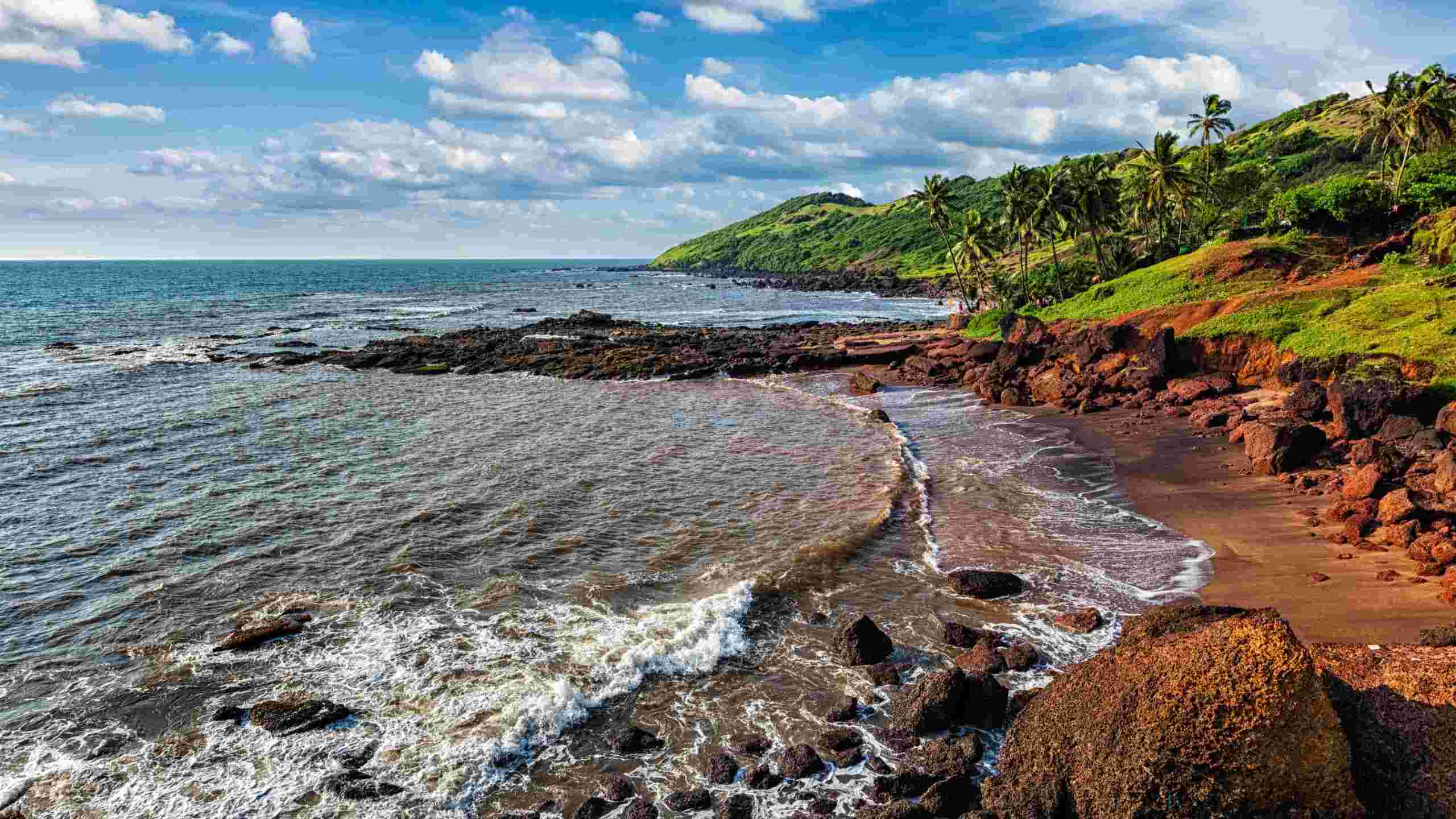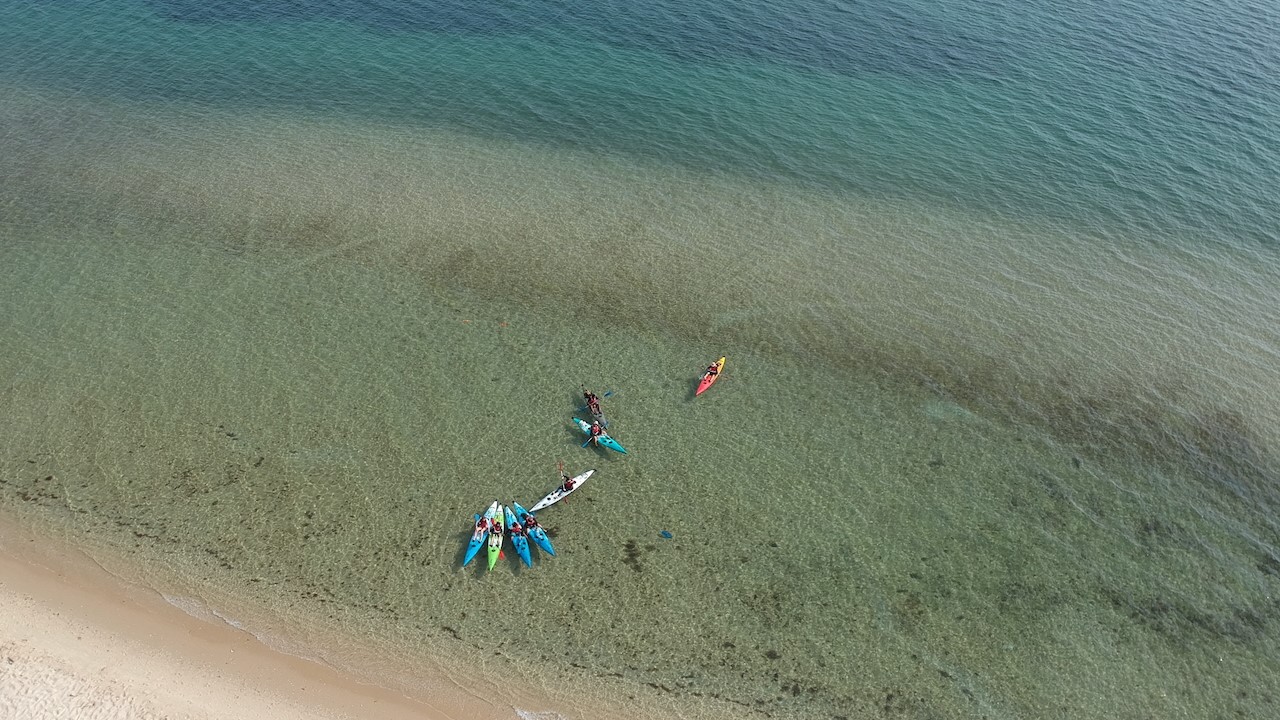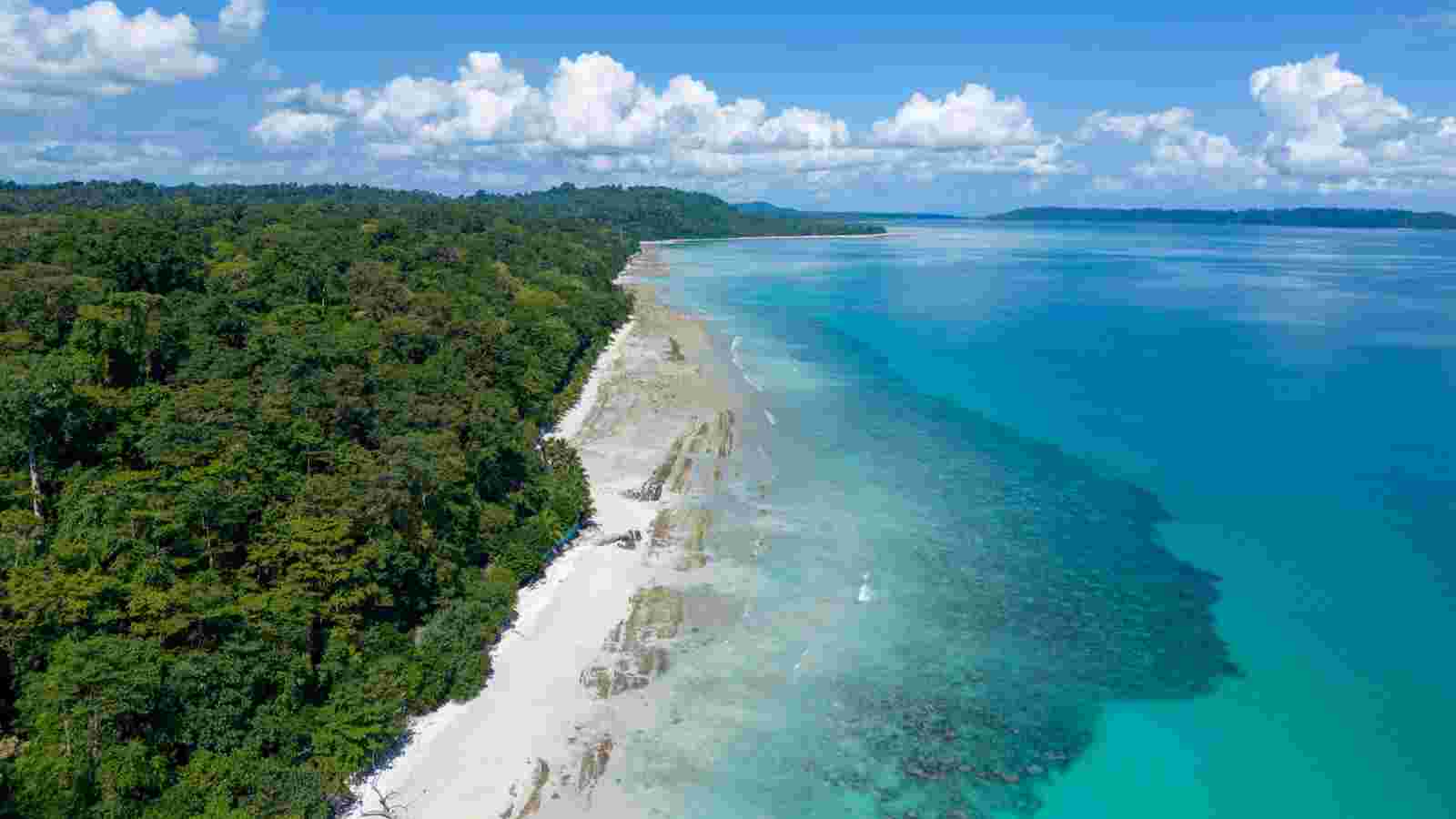“It was great to have an opportunity to share the work we are doing for dolphin conservation with the Curious Hathi Expeditions group. Taking students out on a dolphin survey trip, interacting with them, sharing our conservation goals and discussing key environmental threats to dolphins is key to helping them build their interest in marine conservation”.
Shreya Sanjeev
Marine Biologist
